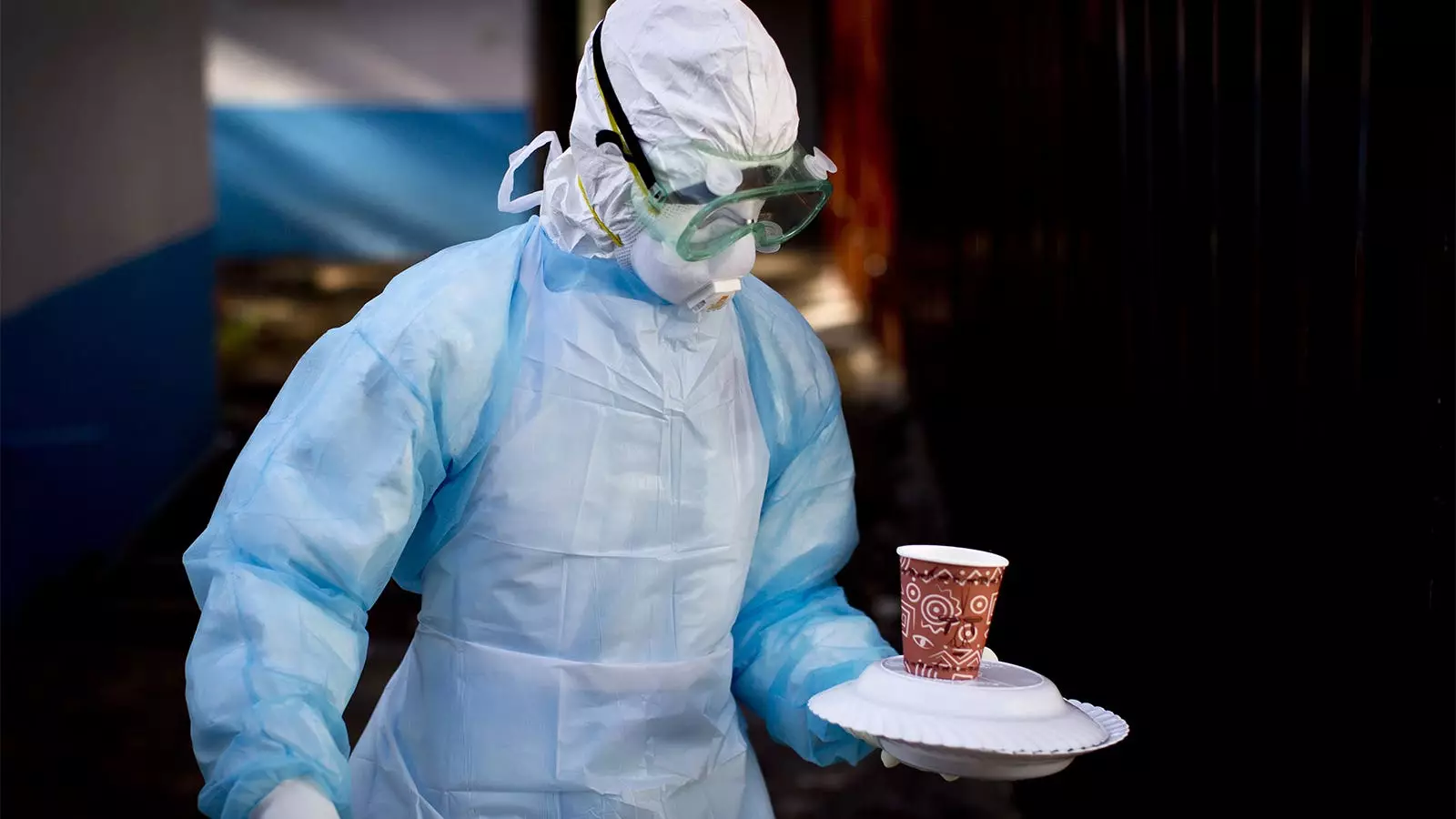Rwanda is currently grappling with a serious health crisis following the declaration of an outbreak of the Marburg virus, a highly contagious and lethal hemorrhagic fever. With eight fatalities reported shortly after the outbreak announcement, this surge of illnesses has sparked significant alarm both nationally and internationally. Unlike more commonly encountered illnesses, there are currently no authorized vaccines or effective treatments available for Marburg, raising serious concerns within the Rwandan health sector and beyond.
The Nature of the Marburg Virus
Identified first in the late 1960s, the Marburg virus derives its name from the city in Germany where initial outbreaks occurred. It is believed to originate from fruit bats and can be transmitted from person to person through close contact with infected bodily fluids or contaminated surfaces. The virus poses a grave risk with a staggering fatality rate that can reach 88% in untreated cases, comparable to that of its notorious counterpart, the Ebola virus. The symptoms of Marburg can be particularly debilitating and include fever, muscle pain, diarrhea, and extreme blood loss, resulting in a high potential for mortality.
In Rwanda, reports indicate that the outbreak is concentrated in healthcare facilities, where many of the confirmed cases and deaths have occurred among medical personnel. This situation presents an additional layer of complexity since these individuals are on the front lines of the fight against the virus, tasked with caring for infected patients while being at an elevated risk themselves. Efforts to control the outbreak are further complicated by the virus’s incubation period, which can range from three days to three weeks, allowing the virus to spread unnoticed within the community.
In response to the unfolding crisis, Rwandan Health Minister Sabin Nsanzimana has confirmed the identification of 26 cases linked to the outbreak. Health authorities are intensifying contact tracing to identify and isolate individuals who have come into contact with confirmed cases. Approximately 300 people who may have been exposed have been flagged, with some currently receiving care in designated isolation facilities.
The government has urged the public to refrain from physical contact as a precautionary measure, while emphasizing the necessity for rigorous hygiene practices to mitigate the spread of the virus. However, with many of the infected individuals being healthcare professionals, the burden of the outbreak is disproportionately affecting the very individuals tasked with controlling it. The persistence of the outbreak hinges significantly on the effectiveness of these measures and the public’s compliance.
Support from international organizations has emerged as a key component in Rwanda’s efforts to manage the outbreak. The Centers for Disease Control and Prevention (CDC) has committed to sending experts to assist with investigations and response strategies, leveraging previous experiences from other outbreaks. The World Health Organization (WHO) also pledged to bolster efforts in curtailing the virus’s spread, working closely with Rwandan health authorities.
Despite the gravity of the situation, the CDC has indicated that there have been no reports of related cases in the United States, and the risk to the general population is deemed low. While this assessment may provide some relief, it highlights the importance of global vigilance as the Marburg virus has been previously reported in several other African countries, including Uganda, Ghana, and Kenya, necessitating thorough border controls and monitoring.
Aside from the Marburg virus, Rwanda is also confronting another health crisis with recorded cases of mpox, a virus related to smallpox. As international health organizations declare mpox a global emergency, Rwanda has initiated vaccination efforts to halt its spread. This dual health crisis strains the healthcare system even further, with the government required to allocate resources to combat both threats simultaneously.
As Rwanda grapples with these significant challenges, it is vital for the government, healthcare professionals, and international partners to collaborate effectively. Robust systems for response to outbreaks, clear communication with the public, and research into therapeutic options for both Marburg and mpox are essential to protect public health and foster resilience against future health threats. The coming weeks will be critical in determining the trajectory of both outbreaks, underscoring the need for sustained efforts to safeguard the health of the Rwandan population.


Leave a Reply